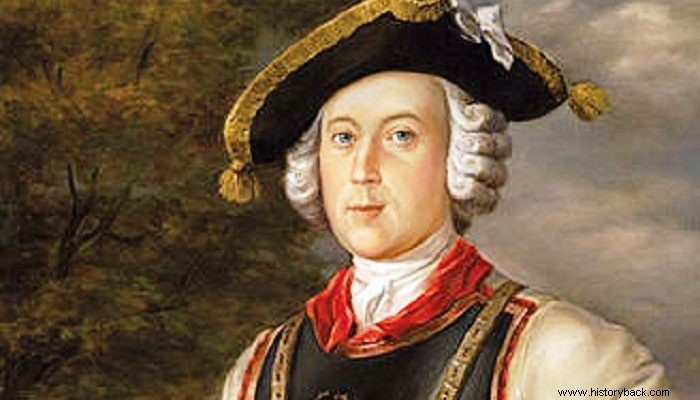
Baron Munchausen has been famous for centuries now as the hero of a fairy tale or, according to others, as the greatest liar of all time. And how could it be otherwise when he was described as flying onto a cannonball or performing other seemingly impossible feats?
And yet, as always, behind the legends and fairy tales there is a dose of history. Hieronymus Carl von Munchausen born May 11, 1720 in Hanover, Germany. He was of aristocratic origin with his roots in the ducal house of Braunschweig – Lüneburg. A cousin of his was the founder of the famous university of Göttingen and prime minister of Hanover.
Minchausen spent from a young age in the service of Duke Antonio Ulrich II who was appointed general of the Russian army until 1741 when he was imprisoned by Tsarina Elizabeth. Munchausen had followed the duke to Russia and joined, as a trumpeter, the Brausweig cuirassier regiment in which Germans also served.
In 1740 Munchausen had been promoted to lieutenant general having fought well in the war against the Turks. He remained in the service of Russia until 1760, when he was demobilized with the rank of lieutenant and retired to Germany with his wife.
Soon Minchausen became a famous storyteller, quite "inflated" their adventures in Russia and the conflicts with the Turks. His fame did not grow that many nobles visited him just to hear his stories... However, Munchausen did not tell impossible things that never happened. He was telling the truth, just a little more spicy...
All the legend that still surrounds his name Munchausen owes to Rudolf Erich Raspe , a writer with a great imagination who decided to adapt the baron's short stories. The book with the fantastic adventures of Munchausen was so well received that it was also published outside Germany, which was rare at the time.
Minchausen, however, was not happy at all and threatened to take legal action against Raspe's publisher. The latter renounced the title and the book continued to be published anonymously and published in other countries, including the USA. The real hero of the story, Baron Munchausen, died in 1797, having also experienced a personal family tragedy with his much younger second wife.
